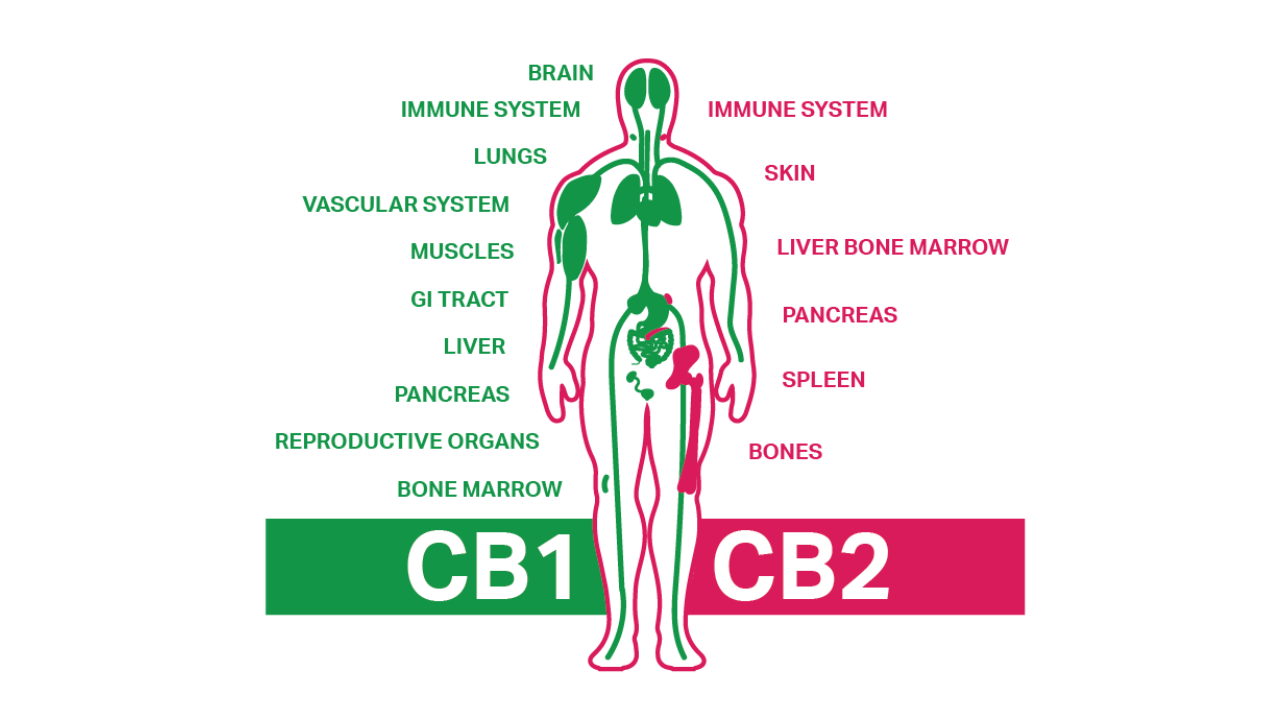Cannabis for Cancer Treatment in Dogs and Cats
Anti-Cancer Drugs for Pets: Do They Even Work?
Hi, I’m Dr. Andrew Jones, and today I want to talk about anti-cancer drugs and whether they really work for our pets. Understanding the Role of CBD and THC in Cancer Treatment
A recent review study explored the effects of anti-cancer drugs. There are some critical things you need to know about this, especially in light of the studies conducted over the last 10 years, which show anti-cancer effects in various ways. If you’re like me, you may have thought using CBD and THC for cancer was a new, progressive idea. However, it turns out these substances have been used medicinally for thousands of years.
In fact, there’s recorded evidence dating back to the original Chinese medicinal pharmacopoeia around 2800 BC, showing that these compounds were used in healing practices. So, what exactly makes CBD and THC so beneficial for us and our pets?
The Endocannabinoid System: A Key Player in Healing
Every mammal, including us, our dogs, and our cats, has a system called the Endocannabinoid System (ECS). This system runs throughout the body, parallel to the blood supply, and is involved in various bodily functions. Our brains, and those of our pets, naturally produce cannabinoids, which travel through the ECS and bind to specific receptors: CB1 receptors in the nervous system and CB2 receptors in the immune system.
These receptors allow mammals like us and our pets to benefit from CBD and THC, producing a range of medicinal effects.
Historical Studies on Cannabis and Cancer
The first real documented study on the effects of cannabis on cancer came in the 1970s, showing that THC inhibited the growth of lung adenocarcinoma cells. A more significant study in 2000 revealed that THC, when injected into glioma brain tumors, caused tumor cell regression.
In 2006, another study focused on people with glioblastoma. Some were given an oral nasal THC-CBD spray, while others received a placebo. The results were staggering—83% of those treated with the spray were still alive 12 months later, compared to only 4% of those on the placebo.
Cancer Types and How Cannabinoids Work
Research has shown that cannabinoids can combat a variety of cancers in several ways:
-
Melanoma (Skin Cancer): Cannabinoids cause cell cycle arrest by inhibiting the Akt protein, which many cancers use to grow. This includes breast cancer, stomach cancer, lung cancer, liver cancer, and prostate cancer.
-
Dinosaur Carcinoma (Another Skin Cancer): CBD causes apoptosis (cell death) by stimulating the production of DUSP1, another protein that combats cancer growth.
-
Inhibiting Metastasis: CBD and THC can inhibit tumor cell invasion and prevent cancers from spreading by binding to CB1 receptors and stopping the spread of prostate cancer cells.
-
Hemangiosarcoma: This is a common cancer in dogs. I had a dog in practice, Hoochie, who died of hemangiosarcoma at only 8 years old. Angiogenesis, the process of creating new blood vessels, helps cancer cells spread. Cannabinoids can help reduce this by inhibiting factors like VEGF (vascular endothelial growth factor).
The Immune System and Cancer
Cannabinoids also have direct benefits on the immune system. For example, in pancreatic cancer, CBD and THC can help enhance the immune blockade of cancer cells, boosting the immune system’s ability to fight the cancer.
Another important benefit of cannabinoids is in chemo-resistance. When animals or people undergo chemotherapy, cancer cells can learn how to evade the drugs. However, CBD and THC can help reduce this resistance, making chemotherapy more effective.
The Future of Cancer Treatment for Pets
While the evidence for CBD and THC in treating cancer is overwhelmingly positive, there is still much more research to be done. From my own experience, I’ve had animals die of cancer, and I’ve seen firsthand how limited conventional treatment options can be—especially chemotherapy, which rarely cures dogs with lymphoma.
Natural CBD Relief for Your Pet with Dr. Jones’ 100% Organic Cold Pressed Hemp Oil
Dr. Jones’ 100% Organic Cold Pressed Ultimate CBD Formula for Dogs and Cats

If your dog or cat is diagnosed with cancer, it’s essential to consider multiple modalities. CBD and THC should be high on your list. One of the biggest challenges in cancer care is managing pain. For example, when my dog Lewis had a severe form of mouth cancer, the only thing that truly relieved his pain was a combination of CBD and THC. Conventional pain medications, including fentanyl patches and NSAIDs, weren’t nearly as effective.
My Dosing Recommendations for CBD
If you’re thinking about trying CBD for your dog or cat, I suggest starting with 3 mg of CBD per 10 pounds of body weight, given twice a day. For example, my dog Tula, who weighs 20 pounds, would get 6 mg of CBD twice a day.
If you’re using my CBD product, that equates to about two drops twice daily. Ideally, a 4:1 tincture (four parts CBD, one part THC) works best for many animals, with dosing based on the CBD concentration.
Together, we can explore how to better care for our pets using holistic, natural remedies.


I can’t find the link
Hi, Dr. Jones’ CBD is here: https://www.thecbdsupplement.com
I am sorry I missed the webinar. Are you going to put up a link fot it?
Hi Paul, the webinar will start in just over 30 minutes, you can register here: https://thecbdsupplement.com/webinar/